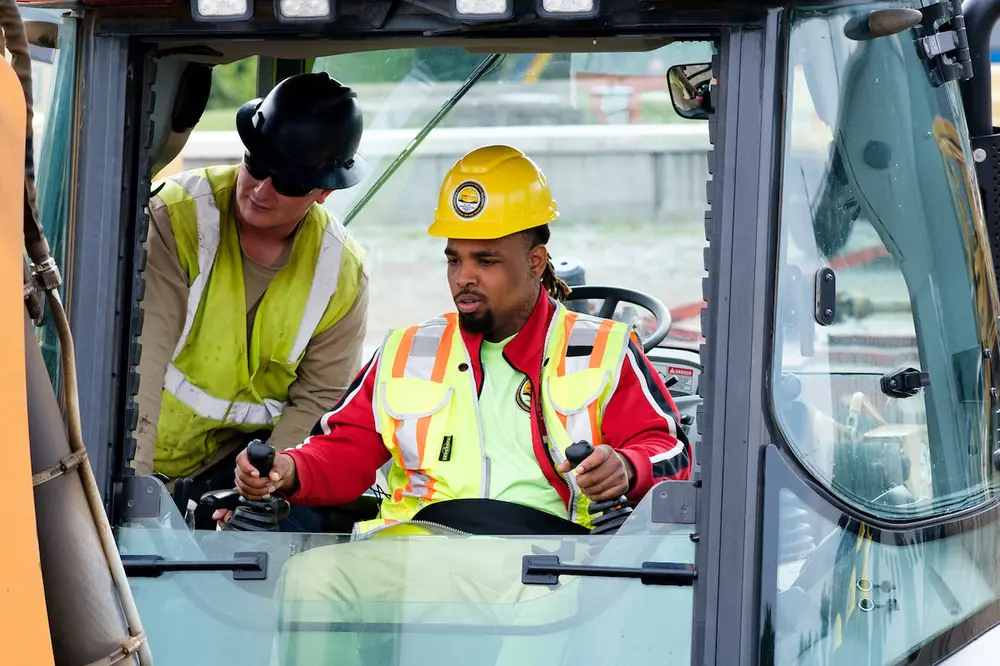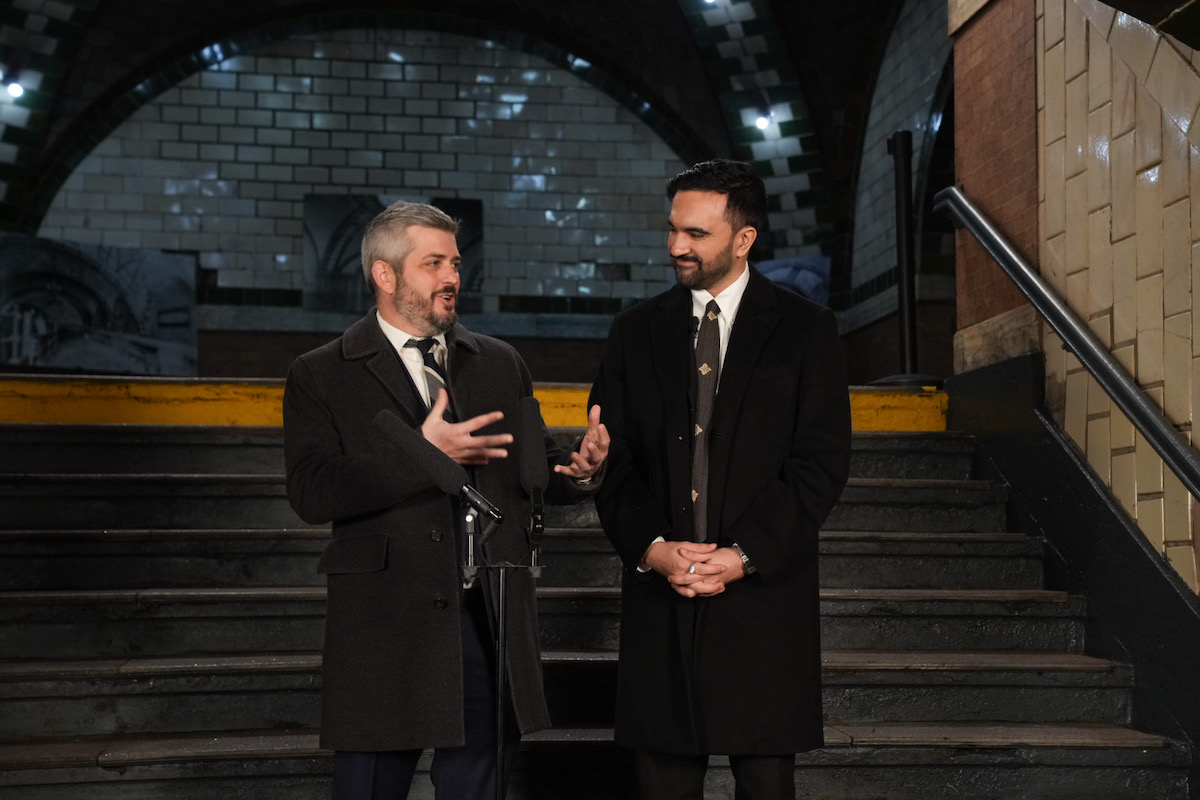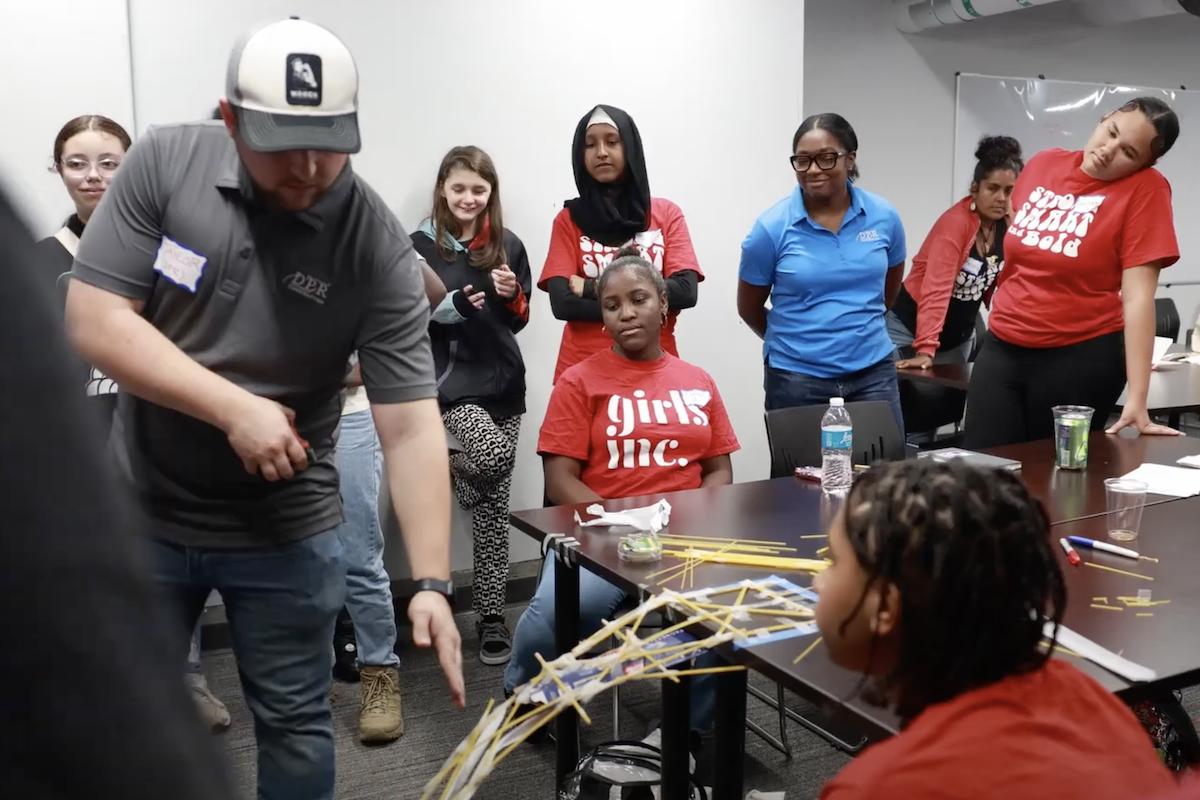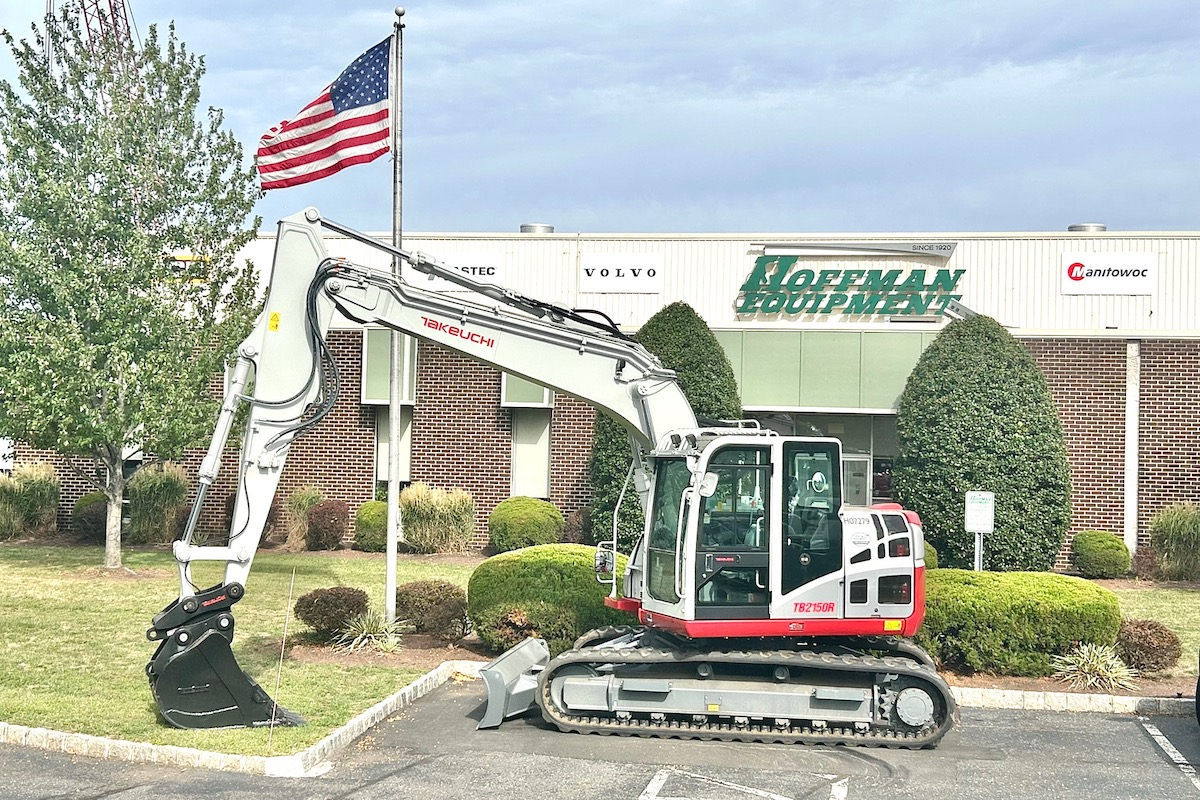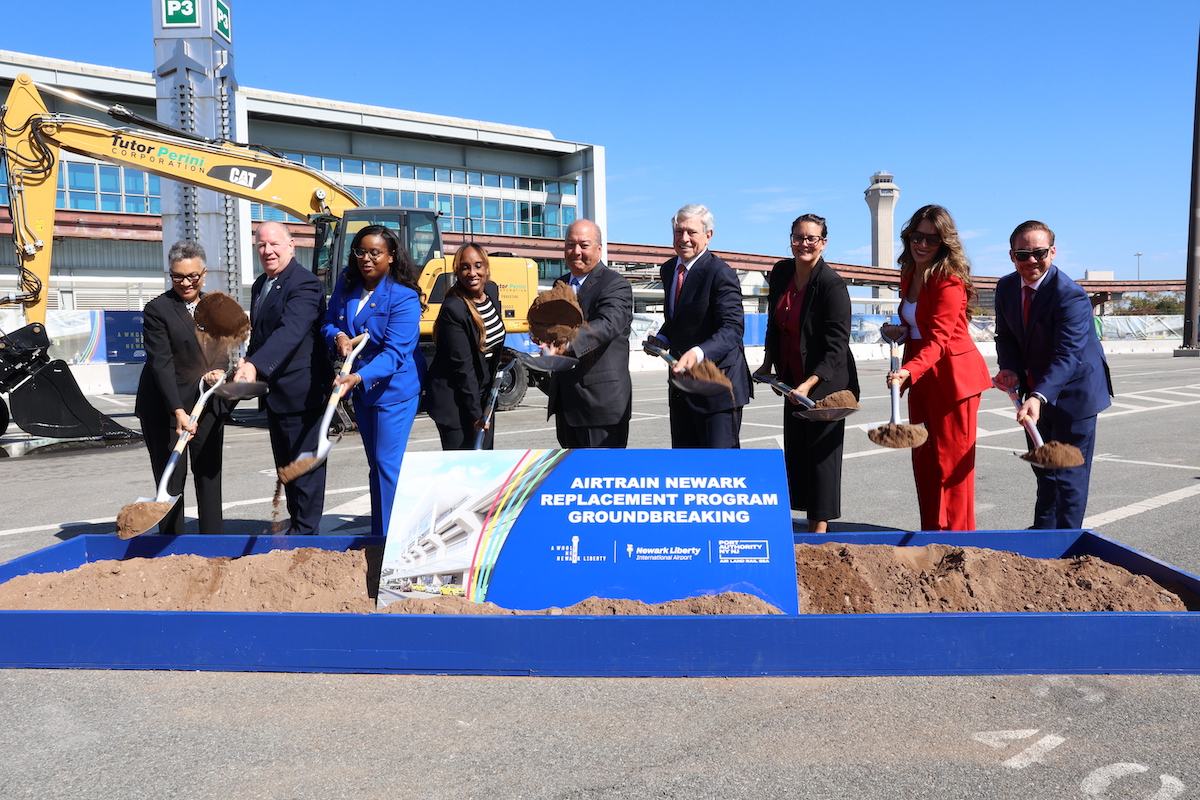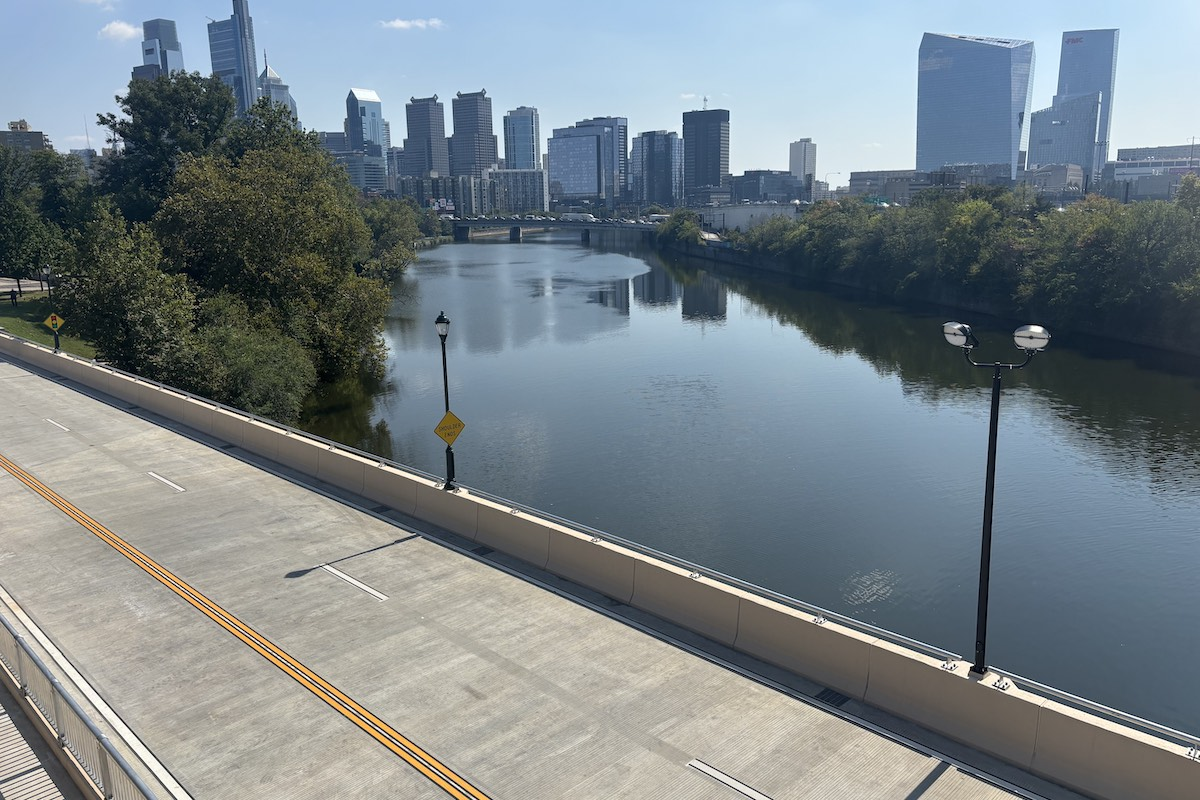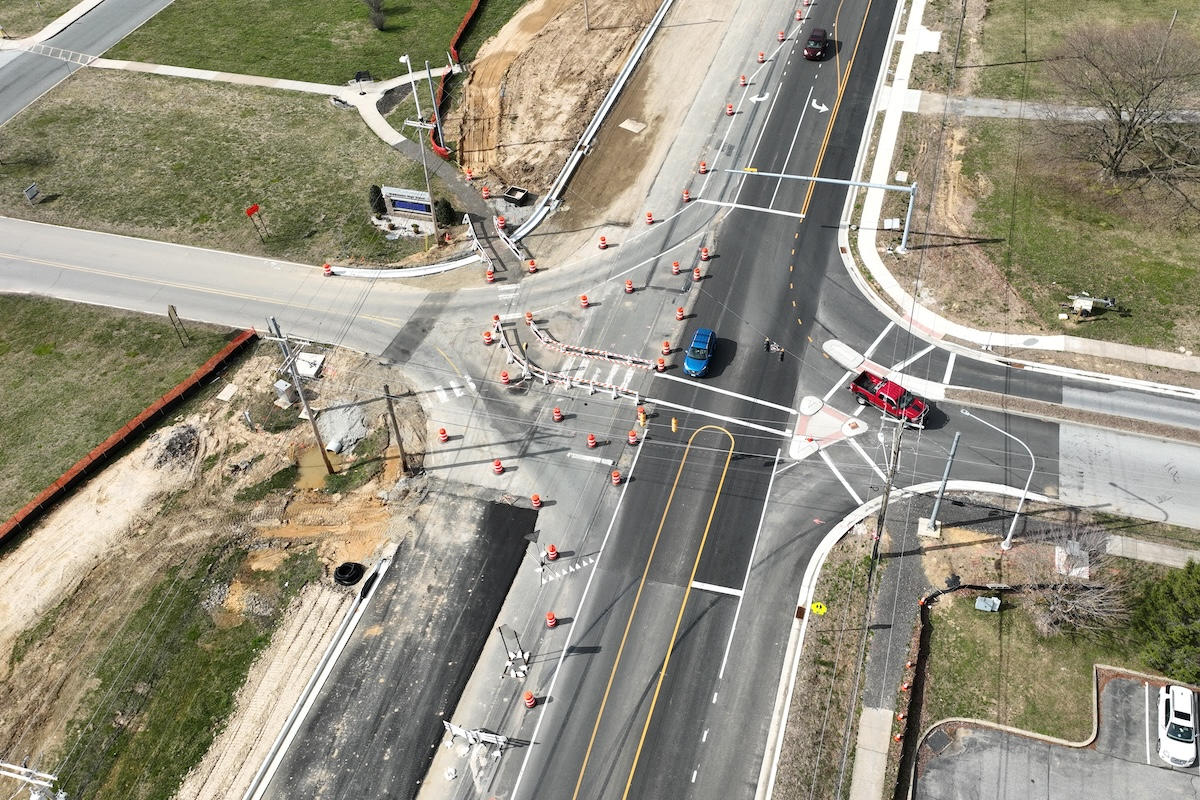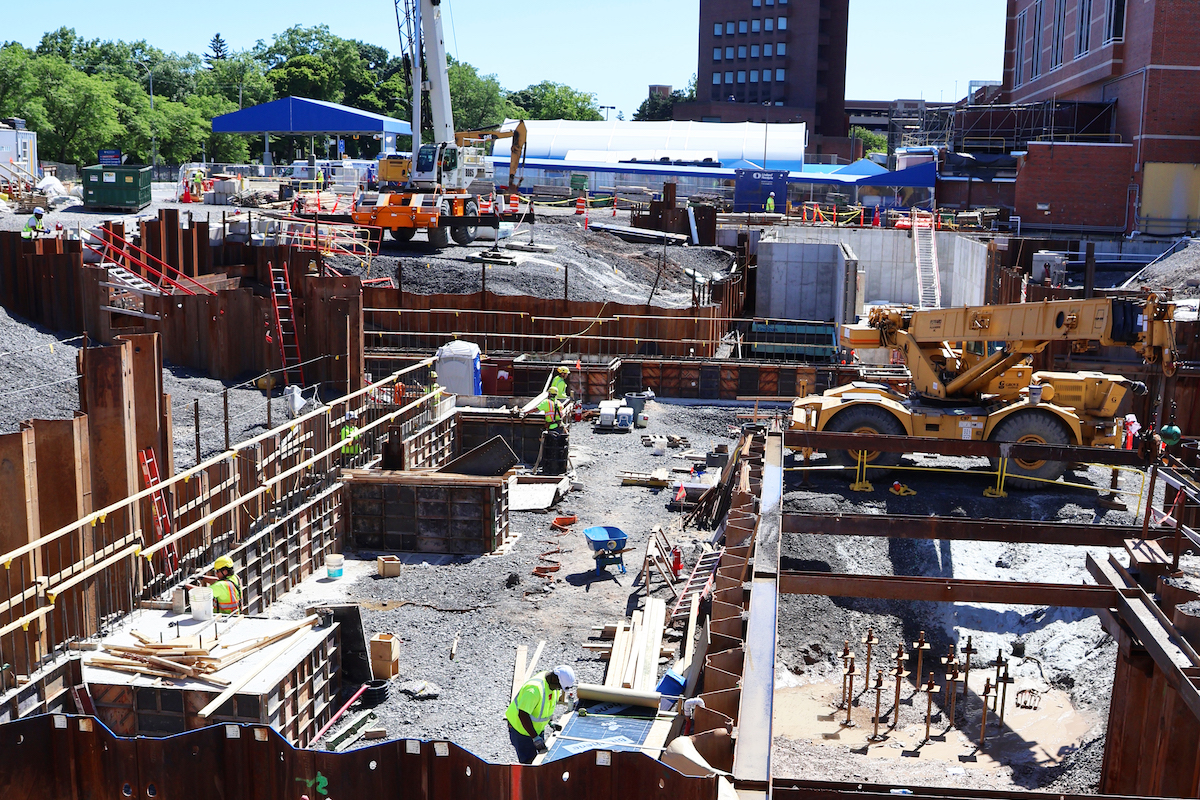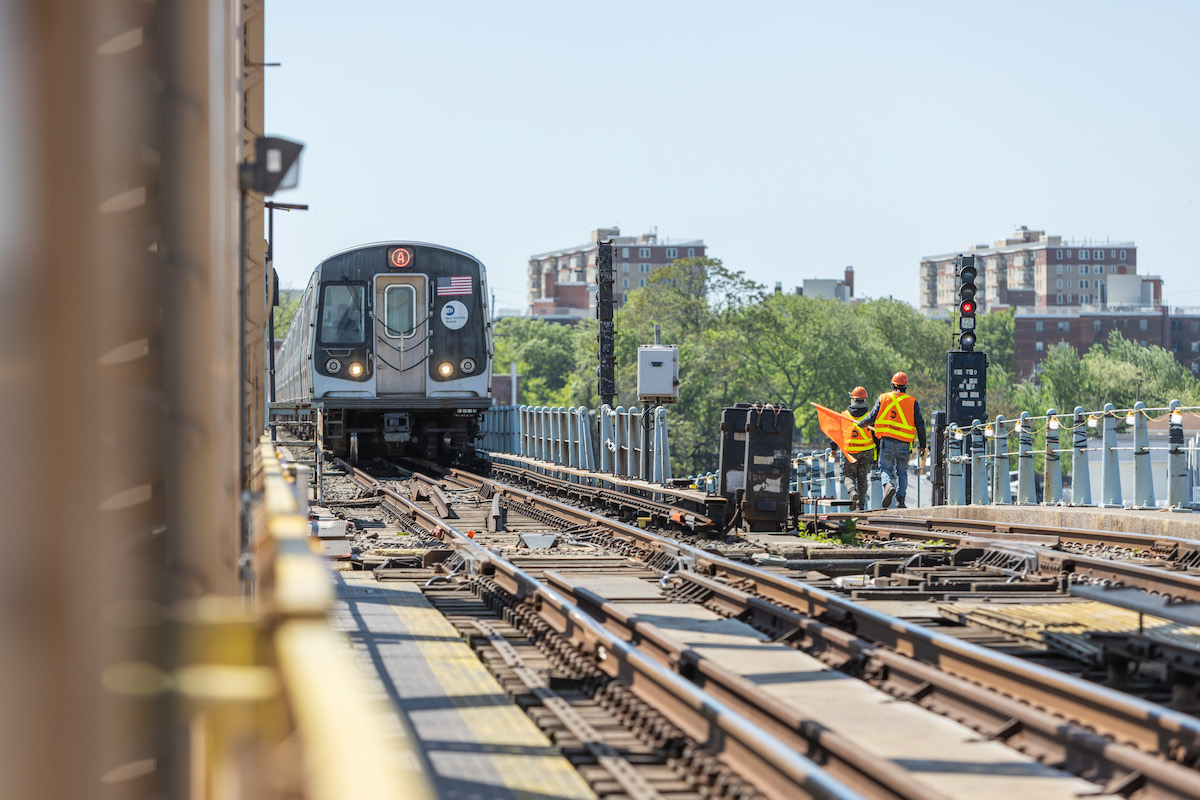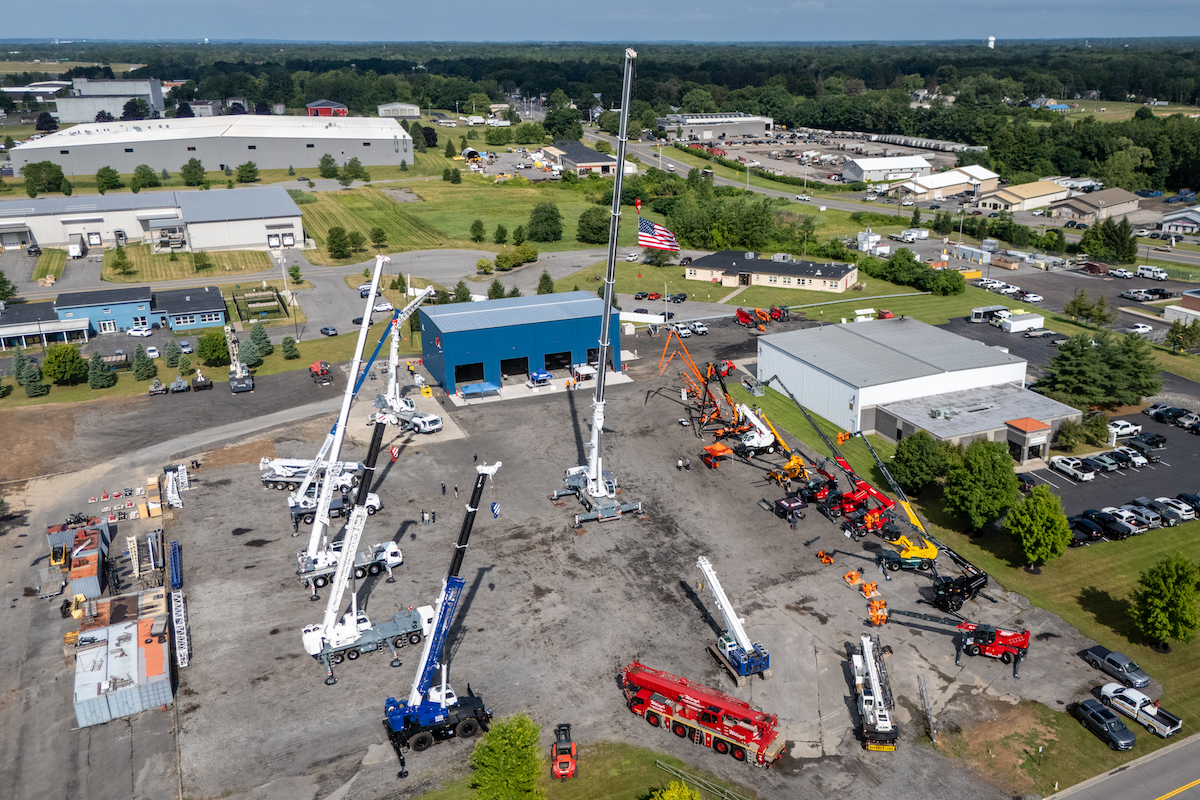Prior to this program, KYTC faced significant challenges in maintaining the state's aging bridges, as the number of structures requiring repair outpaced available funding. To address this problem, the $250 million Bridging Kentucky program was launched. The program's objective was to rehabilitate, repair, or replace deficient bridges across the state, targeting those that had fallen into disrepair, been rated in poor condition, or been closed to traffic.
While working on the Bridging Kentucky program, Stantec tackled nearly three times the number of bridge projects it typically handles in a year. The program primarily deals with smaller, locally owned bridges, measuring an average of 18.5 feet wide by 60 feet long, and experiencing less than 900 cars and trucks traveling across them each day.
“This program is meeting real and dire structural needs for communities in Kentucky,” said Heather Lawler, Stantec’s Bridging Kentucky Program Manager. “Looking for cost effective ways to meet the demands of these bridges is key, as using innovative solutions that save costs allows us to help as many communities as possible.”
Stantec's approach to the program involved close analysis of each bridge to develop a unique preservation plan tailored to its individual needs. Leveraging the AASHTOWare Bridge Management (BrM) software, Stantec employed a data-driven approach to assess rehabilitations, replacements, or inventory removals. A lifecycle cost analysis was conducted to determine the best course of action for each bridge. As a result, 49 percent of the bridges were identified for rehabilitation, while 48 percent required replacement.

| Your local Trimble Construction Division dealer |
|---|
| SITECH Allegheny |
| SITECH Northeast |
| SITECH Allegheny |
| SITECH Northeast |
The Bridging Kentucky program embodies a "rehab first" mindset, with an emphasis on rehabilitating bridges whenever possible, and resorting to replacement only when necessary. For replacement projects, the consulting team made concerted efforts to stay within the existing bridge's footprint, minimizing utility, right-of-way, and environmental needs. This approach has not only saved time and money but has also allowed the completion of numerous projects within limited funding.
The Bridging Kentucky program has successfully evaluated hundreds of deficient bridges, delivering cost-effective and timely solutions to meet critical community structure needs. Over the course of the program, the team delivered projects in 99 of Kentucky's 120 counties; streamlined and reduced project development timelines from four years to just 18 months; significantly decreased average design, right-of-way, utilities, and construction costs by 42 percent; and delivered 369 bridge projects for construction.
Rehabilitated bridges now have an additional 30 years of life, while the newly constructed bridges will last 75 years. The program has also reopened closed bridges and increased weight limits, improving access to vital services such as school buses and ambulances.
The approaches and strategies employed in the Bridging Kentucky program have been adopted by Kentucky for future bridge delivery projects, have been used by KYTC to develop a new Statewide Bridge Delivery Guidance Manual, and is currently being implemented for over 120 bridges in the current highway plan.













